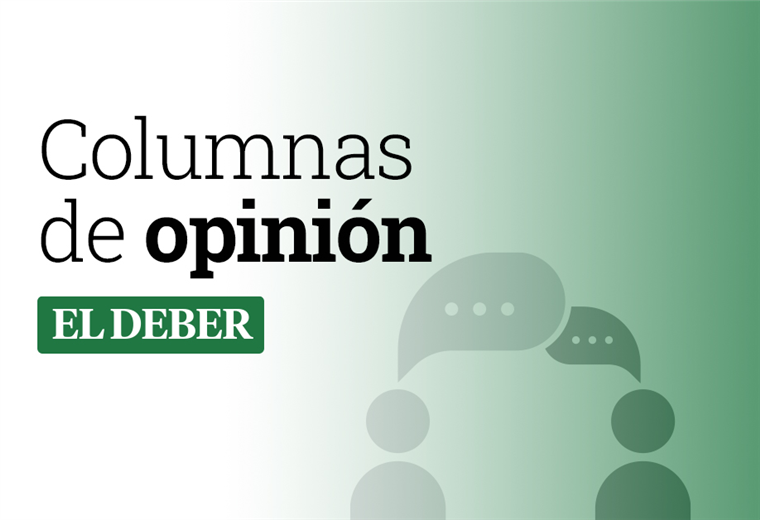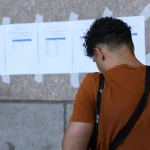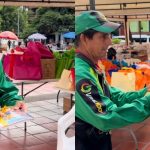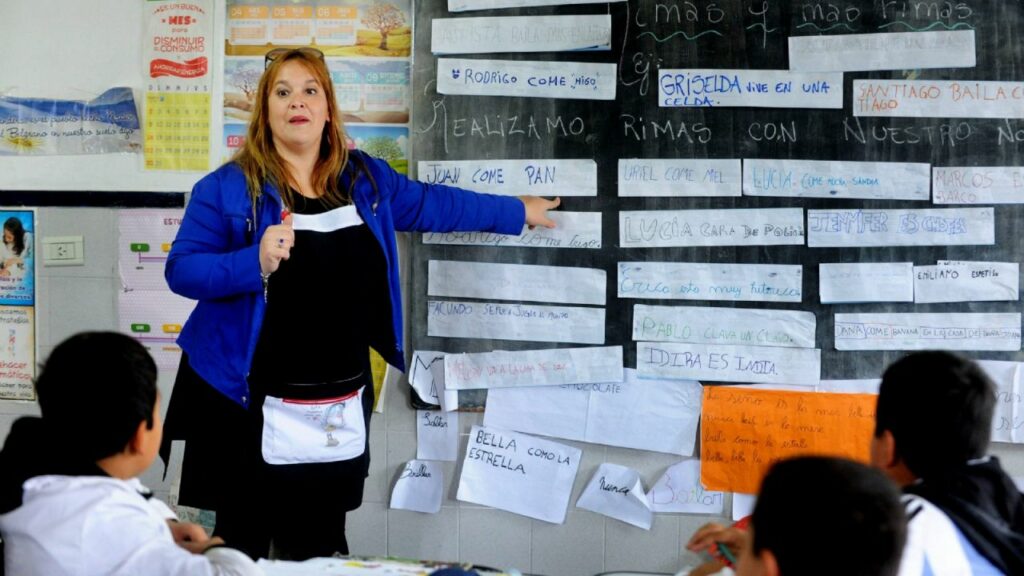February 28, 2023, 4:00 AM
February 28, 2023, 4:00 AM
By Denis Lema Andrade, architect at Taller Puro Humo
In the 1960s, Mario Vargas Llosa read Jean-Paul Sartre and celebrated the Cuban revolution. However, after discovering his authoritarian and repressive spirit, he became disappointed in the bearded men and the process of him. Totalitarianism, we know, is incompatible with literature and all artistic activity and its essential freedom for creation. Since then, the radical leftists, when they are not on strike and leafing through a book, only find pleasure in authors who support their thought and openly criticize the writer who does not militate in their cause and seek to censor him wherever they find him, suppressing the right to divergence.
This stance against Vargas Llosa is totally unfair, because he did much more against military and ideological dictatorships than those nostalgic for Che who systematically attack him under a sad slogan. Without going too far, in the novel “Tiempos recios” (2019), he narrates the military coup that in 1954 ended in Guatemala with the government of Jacobo Árbenz, exposing the interference of the United States in Latin American countries. Likewise, in “La fiesta del Chivo” (2000), he recounts the assassination of the dictator Rafael Trujillo, a man who had absolute power in his country for more than 30 years, in a dictatorship “capable of penetrating consciences and even in the dreams of the citizens”. Thirty-one years earlier, in “Conversation in the Cathedral” (1969), he harshly told us about the moral corruption and political repression that Peru experienced under the Odría dictatorship. In his first novel, “The City and the Dogs” (1963), he criticizes the military way of life, where values such as aggressiveness are promoted and the manliness of the boys in a boarding school where they are subjected and humiliated is disfigured. Outstanding works that denote a singular talent, but mainly hard and tireless work; very intense stories that denounce colossal violations of human rights and at the same time inform and instruct the young people of the new generations, born in democracy, about the difficult life in times of boots, dungeons and curfews, without ever forgetting their passion for microphone and his endless speeches.
The Nobel laureate maintains that if one chooses literature as a central profession in life, especially in Latin America, he will inevitably expose his political vision and stones will rain down on him. Literature forges individuals who are critical of power and that is why the rulers who seek to keep it ad perpetum want to control it and marginalize it in a space destined exclusively for useless entertainment. However, books containing what Hemingway called “honest literature” have always found a way to show his disagreement with political power.
Vargas Llosa, both in his brief foray into politics and in his intellectual life, has been a defender of the broad freedom of the individual in all its dimensions -political, economic, religious…-, contrary to the interference of the State that crushes the initiative of the citizen, and has expressed the urgent need to combat corruption and terrorist organizations -when he was a candidate for the Presidency, Sendero Luminoso lashed Peru- with democratic weapons that always respect human rights.
In addition to the aforementioned novels, I really enjoyed “The War at the End of the World” (1981) and “El Paraíso en la otra esquina” (2003), as well as their books of journalistic articles, the essays on the current era that , in “The Civilization of the Show” (2012), defines as “postcultural” and the studies on authors who inspired him admiration (Flaubert, García Márquez, Onetti, Borges, among others). I have been reading it since I was twelve years old, since I attended with great curiosity the conversation he had with my father and Maria Renée Canelas, in 1998, at the Palacio Portales.
On February 9, in the land of Flaubert, Victor Hugo, Proust and Balzac, Vargas Llosa entered the French Academy. In his speech, he highlighted the novel as an essential element of democracy and demanded for it decisive recognition in the past and in the future of humanity. Said the immortal writer: “The novel will save democracy or be buried with it and disappear.”

















